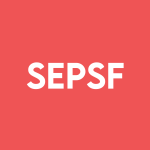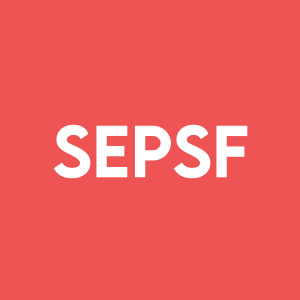Welcome to our dedicated page for ASEP MED HLDGS news (Ticker: SEPSF), a resource for investors and traders seeking the latest updates and insights on ASEP MED HLDGS stock.
ASEP MED HLDGS INC (SEPSF) delivers cutting-edge solutions for antibiotic-resistant infections through AI-powered diagnostics and therapeutic innovations. This news hub provides investors and medical professionals with essential updates on the company’s progress in combating sepsis and biofilm-related diseases.
Access official press releases covering regulatory milestones, clinical trial outcomes, and strategic partnerships. Our curated news collection enables stakeholders to track developments in three core areas: rapid sepsis detection systems, next-generation antimicrobial peptides, and infection-prevention medical coatings.
Stay informed about SEPSF’s advancements in artificial intelligence applications for gene expression analysis and peptide optimization. The page consolidates critical updates including FDA submissions, research collaborations, and intellectual property developments relevant to healthcare providers and biotech investors.
Bookmark this resource for real-time updates on technologies reshaping infection management. Visit regularly to monitor SEPSF’s progress in addressing the global antibiotic resistance crisis through measurable scientific breakthroughs.
Asep Medical Holdings Inc. (CSE: ASEP, OTCQB: SEPSF) is featured in a national documentary series called 'Empowered', hosted by Meg Ryan, airing on Public Television in the US. The series, reaching over 60 million households, highlights Asep's innovative AI-based sepsis diagnostic test. The company's technology, SepsetER, can predict sepsis onset in 9 out of 10 ICU patients and 7 out of 10 emergency department patients.
Developed by a team at the University of British Columbia, the test uses AI to identify genes involved in sepsis-related immune dysfunction. With sepsis responsible for one in five deaths worldwide, Asep's technology aims to address the critical need for early diagnosis, as every hour of delay increases the risk of death by 7.6%.


